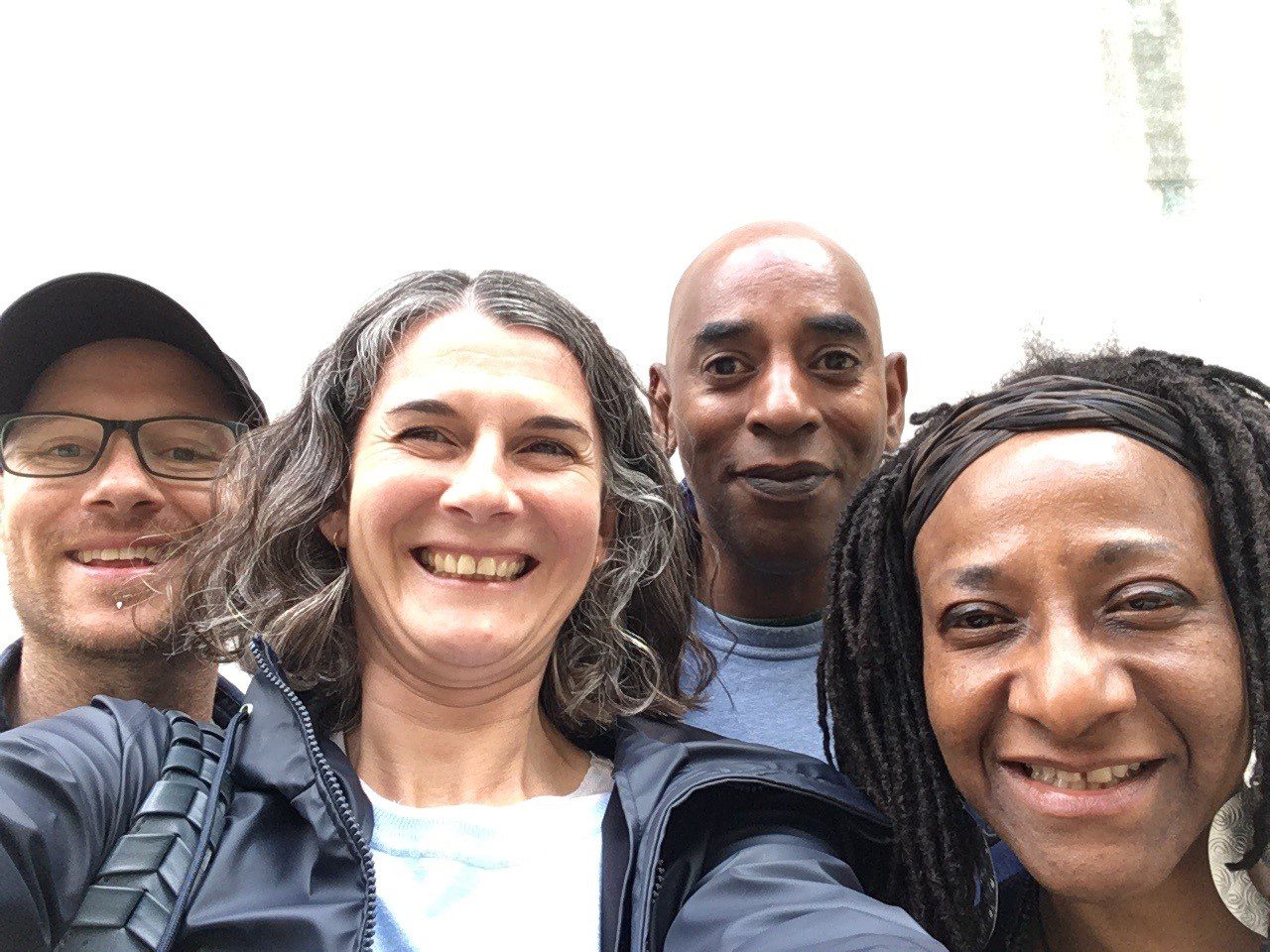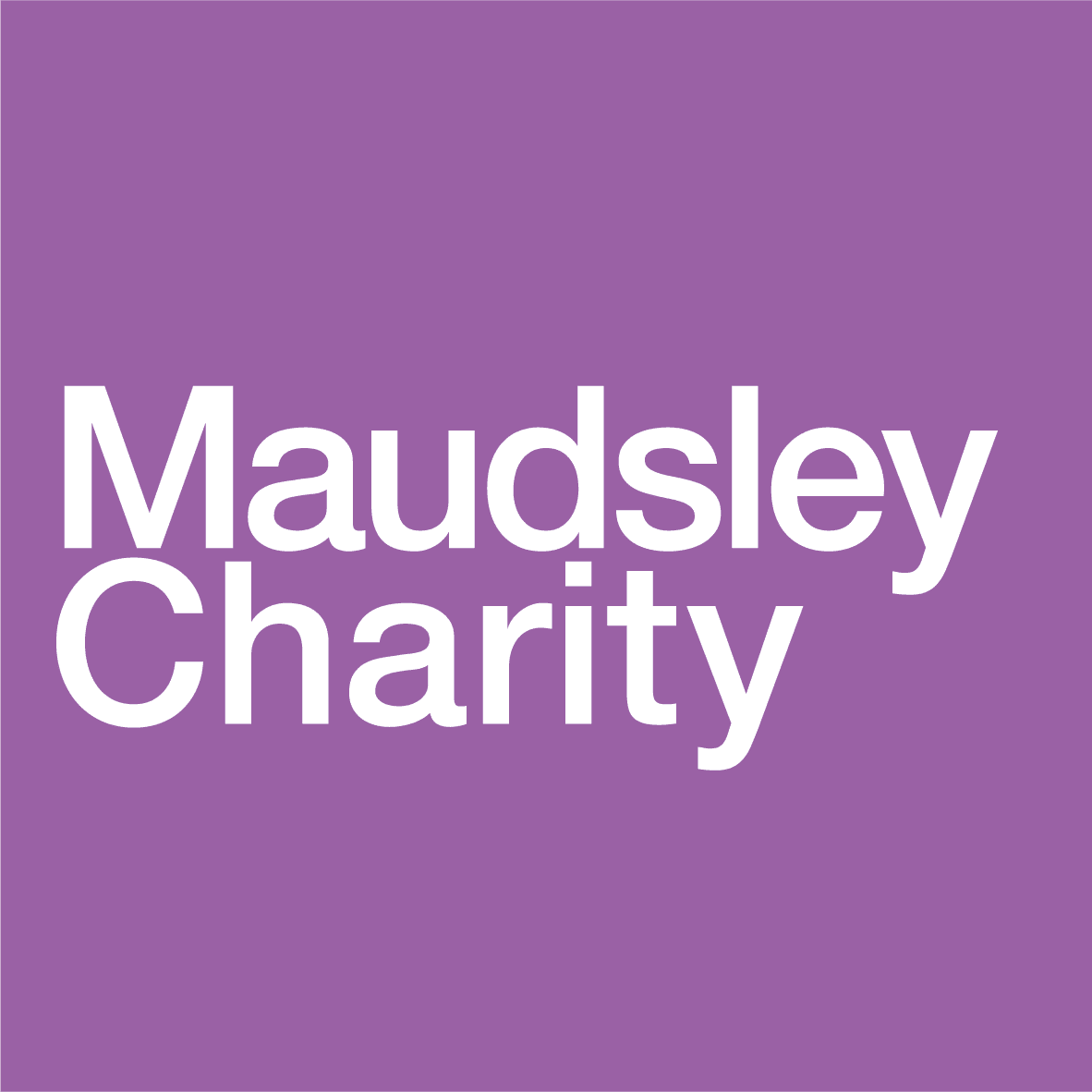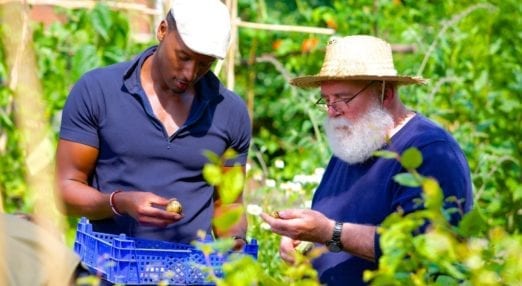The Usemi Racial Trauma Clinic was launched as a virtual clinic at the height of the Covid-19 pandemic, thanks to funding from the National Lottery Coronovirus Community Support Fund, in response to high levels of demand from people from BAME communities.
People living with psychosis experience altered perceptions and interpretations of reality: they are prone to harbouring unusual beliefs or experiencing hallucinations or delusions. Psychosis may be a symptom of schizophrenia, bipolar disorder, or severe depression but there are many other causes. It can be a debilitating and frightening experience and can impair behaviour, disrupt lives and relationships, making people feel overwhelmed, threatened, or confused. Many find it hard to trust people, organisations, and authority and are fearful of engaging with statutory mental health services.
Usemi aims to support people in the community, with or without a diagnosis who may or may not be engaged with other mental health service providers.
Specialised therapy for culturally specific target groups
Black people and people of colour benefit from working with therapists of similar backgrounds as well as specialists in working with psychosis, both of which Usemi provides. Alongside individualised psychosis therapy, Usemi’s programme offers targeted therapy groups led by specialist facilitators for Black African/African Caribbean Women, Asian Women, Latin American Women, Black African/African Caribbean Men and mixed groups. By sharing their experiences with peers, service users feel understood and their experiences validated.
Creative and physical activities are also on offer including writing, music, art, dance and pilates delivered online and in-person when possible. The service will deliver improvements by offering the continuity of longer-term support.
Many of those who could benefit from Usemi’s services have experienced racial trauma and discrimination and have become marginalised and disconnected from society and in many cases, from their own families. Most of their service users are unemployed, on a low income or in receipt of benefits and are both economically and socially disadvantaged. They may live alone or in overcrowded accommodation and in poor housing in deprived areas of Lambeth and Southwark.

New approaches to the treatment of racial trauma
Maudsley Charity funding will enable Lambeth and Southwark Mind to continue not only to provide individual and group therapy, but to develop approaches to the treatment of psychosis that allow people to overcome the debilitating impact of severe mental ill-health as a result of racial trauma, and to empower people to build trust, develop solutions, manage their behaviour and feel less disenfranchised from society.
From their experience, the team has seen improvements arise through people feeling seen, heard and validated as they begin to feel a restored sense of hope and increased confidence, better able to recognise situations that trigger negative thoughts, feelings and behaviours and cause them to internalise the impact of racist encounters that give rise to feelings of guilt, anger, and shame.
Usemi accepts self-referrals and referrals from professionals. For more information visit the USEMI Racial Trauma Clinic webpage. Follow the menu options for the Referrals process.
The recent grant awarded by the Maudsley Charity will give the Usemi clinic the fantastic opportunity to expand and provide long-term support (in-person as well as online) to under-served communities across Southwark and Lambeth where the needs for specialist therapeutic support are higher than ever.

